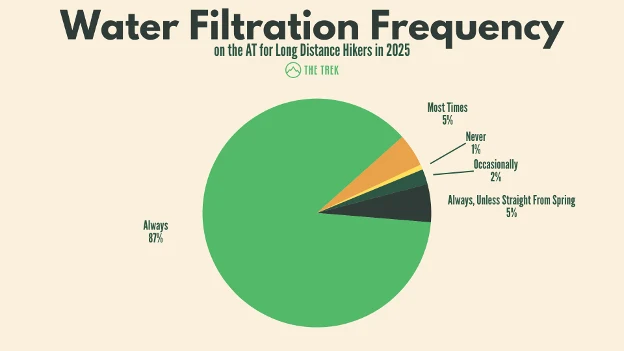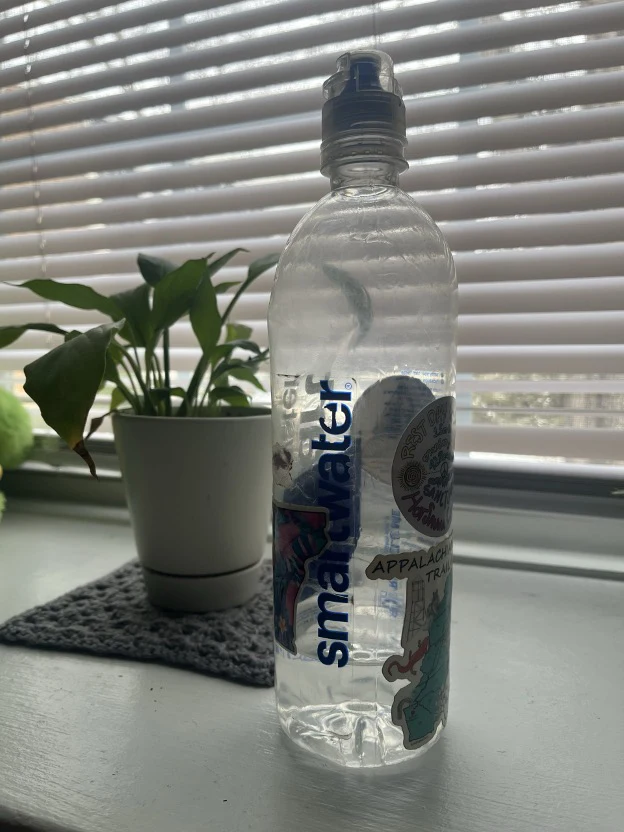Roswell Park: Does bug spray cause cancer?
Roswell Park: Does bug spray cause cancer?

Roswell Park: Does bug spray cause cancer?
YouTube video highlight
Some people worry that despite their effectiveness against pests, the chemicals found in common bug sprays may increase the risk of getting cancer.
Read more about the projectDoes bug spray cause cancer?
Summer is officially here — time to get outside and enjoy the beautiful weather, barbecues and beaches! But of course, summer also brings bugs.
In addition to the annoyance of itchy bug bites, mosquitoes can transmit several dangerous diseases, such as the West Nile and Zika viruses, and ticks can carry the bacteria that cause Lyme disease, so it’s important to protect yourself and your loved ones by using bug repellent.
Some people worry that despite their effectiveness against pests, the chemicals found in common bug sprays may increase the risk of getting cancer. Should you be concerned about that? The short answer is: not really.
“There haven’t been a lot of studies on bug repellents and cancer,” says Dr. Kirsten Moysich, PhD, MS, Department of Cancer Prevention and Control at Roswell Park. “A couple of studies have looked at whether household bug sprays are linked to lymphoma and myeloma, and they did not find any association.”
The most common chemical agent in most bug repellents is DEET (N,N-diethyl-meta-toluamide), which has been found to be safe when used properly. In some studies, DEET has been associated with toxic effects in animals but not in humans.
“I think the concern over bug sprays is because you’re spraying chemicals onto your body, and especially with products containing DEET, that has a strong odor; it has that chemical smell,” says Dr. Moysich. “We’re uncomfortable with chemicals, and there’s a strong perception among the public that chemicals cause cancer. While some of them certainly do, all the products you can buy at your local drugstore have been certified by the EPA as safe — and they are effective at preventing mosquito-borne illnesses.”
Continue reading Kirsten Moysich's complete article on insect repellent and cancer here.
Roswell Park: Does bug spray cause cancer?


Does bug spray cause cancer?
Summer is officially here — time to get outside and enjoy the beautiful weather, barbecues and beaches! But of course, summer also brings bugs.
In addition to the annoyance of itchy bug bites, mosquitoes can transmit several dangerous diseases, such as the West Nile and Zika viruses, and ticks can carry the bacteria that cause Lyme disease, so it’s important to protect yourself and your loved ones by using bug repellent.
Some people worry that despite their effectiveness against pests, the chemicals found in common bug sprays may increase the risk of getting cancer. Should you be concerned about that? The short answer is: not really.
“There haven’t been a lot of studies on bug repellents and cancer,” says Dr. Kirsten Moysich, PhD, MS, Department of Cancer Prevention and Control at Roswell Park. “A couple of studies have looked at whether household bug sprays are linked to lymphoma and myeloma, and they did not find any association.”
The most common chemical agent in most bug repellents is DEET (N,N-diethyl-meta-toluamide), which has been found to be safe when used properly. In some studies, DEET has been associated with toxic effects in animals but not in humans.
“I think the concern over bug sprays is because you’re spraying chemicals onto your body, and especially with products containing DEET, that has a strong odor; it has that chemical smell,” says Dr. Moysich. “We’re uncomfortable with chemicals, and there’s a strong perception among the public that chemicals cause cancer. While some of them certainly do, all the products you can buy at your local drugstore have been certified by the EPA as safe — and they are effective at preventing mosquito-borne illnesses.”
Continue reading Kirsten Moysich's complete article on insect repellent and cancer here.
Roswell Park: Does bug spray cause cancer?


Does bug spray cause cancer?
Summer is officially here — time to get outside and enjoy the beautiful weather, barbecues and beaches! But of course, summer also brings bugs.
In addition to the annoyance of itchy bug bites, mosquitoes can transmit several dangerous diseases, such as the West Nile and Zika viruses, and ticks can carry the bacteria that cause Lyme disease, so it’s important to protect yourself and your loved ones by using bug repellent.
Some people worry that despite their effectiveness against pests, the chemicals found in common bug sprays may increase the risk of getting cancer. Should you be concerned about that? The short answer is: not really.
“There haven’t been a lot of studies on bug repellents and cancer,” says Dr. Kirsten Moysich, PhD, MS, Department of Cancer Prevention and Control at Roswell Park. “A couple of studies have looked at whether household bug sprays are linked to lymphoma and myeloma, and they did not find any association.”
The most common chemical agent in most bug repellents is DEET (N,N-diethyl-meta-toluamide), which has been found to be safe when used properly. In some studies, DEET has been associated with toxic effects in animals but not in humans.
“I think the concern over bug sprays is because you’re spraying chemicals onto your body, and especially with products containing DEET, that has a strong odor; it has that chemical smell,” says Dr. Moysich. “We’re uncomfortable with chemicals, and there’s a strong perception among the public that chemicals cause cancer. While some of them certainly do, all the products you can buy at your local drugstore have been certified by the EPA as safe — and they are effective at preventing mosquito-borne illnesses.”
Continue reading Kirsten Moysich's complete article on insect repellent and cancer here.

























































































































